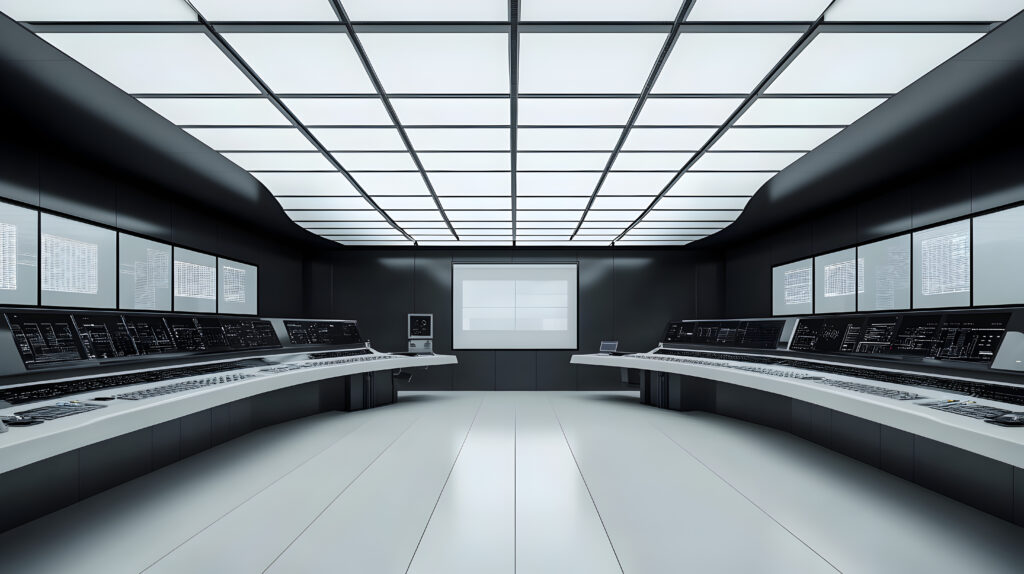
In today’s fast-paced, tech-driven world, control rooms serve as the nerve centers for critical decision-making across industries—whether it’s in emergency response, transportation, security, or utilities. As the complexity of operations increases, so does the need for designing command centers that are future-ready, highly adaptive, and built for peak performance.
At Merino Control Room Solutions, we understand that designing a modern control center isn’t just about installing furniture or screens—it’s about creating a fully immersive environment that optimizes human performance while seamlessly integrating with rapidly evolving technologies.
Key Principles of a Future-Ready Control Room:
- Human-Centered Design: Ergonomics is no longer optional—it’s foundational. Our designs are centered around, focusing on reducing operator fatigue, enhancing situational awareness, and improving decision-making under stress.
- Modular & Scalable Layouts: Future-ready control rooms are modular by design. We ensure scalability in our furniture and layout configurations, enabling easy adaptation to future technology or operational changes without major redesigns.
- Integrated Technology Infrastructure: From cable management to seamless integration with AV and IT systems, we ensure the furniture supports today’s tech stack—including AI tools, video walls, IoT dashboards, and real-time data analytics.
- Environment Control: Acoustic paneling, thermal comfort, and lighting control all contribute to operator efficiency. Merino solutions incorporate sustainable materials with advanced environmental properties to enhance performance and comfort.
- Collaboration Zones: Modern command centers are dynamic, requiring a blend of focused monitoring and collaborative response. We build hybrid environments where briefing zones, huddle spaces, and command tables coexist with main consoles.
- Merino Control Room Solutions isn’t just a furniture provider—we are solution architects transforming control room environments for mission-critical outcomes.
- Writer – Yeeshu Agarwal